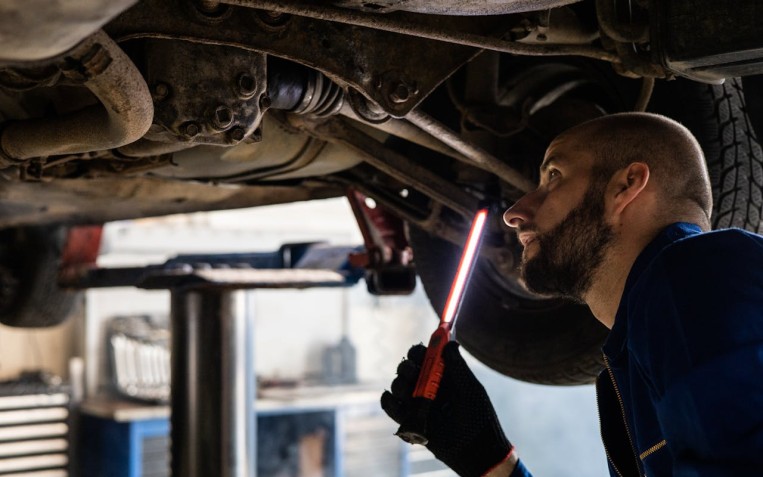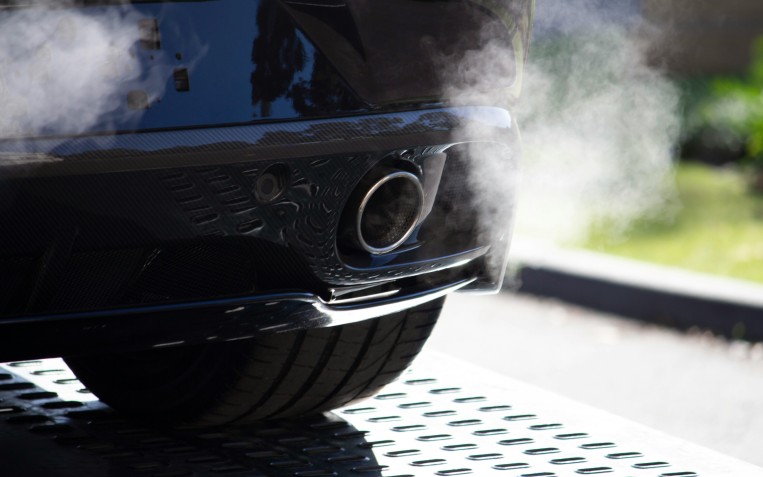MOT Laws explained

All vehicles are legally required to have an MOT every year or, if your vehicle is new, this should be after the vehicle is 3 years old from its date of registration. If you fail to have your vehicle MOT’d annually, this could lead to serious repercussions, such as points on your licence and large fines. In our informative guide, we discuss how the MOT laws work and how you can best avoid having your vehicle classed as a ‘dangerous vehicle’.
What are the MOT laws?
MOT law was updated in May 2018, and now the laws state that defects should be labelled as:
- Dangerous – this is if your vehicle is considered to be an immediate risk on the road, or to have a significant impact on the environment. This will result in a failed MOT test.
- Major - having your vehicle categorised with a major defect is also a fail. Similarly, the criteria rely on how much of a risk your vehicle is on the road and environmental factors.
- Minor - if your vehicle receives minor defects, this means that you have passed your MOT, but there will be some repair recommendations which are advised to be replaced/repaired before your next MOT test.
New checks - there are also additional checks added to an MOT test. These check smaller features such as brake pad warning lights, contaminated brake fluid, missing brake lights and similar issues. If you are concerned about the roadworthiness of your vehicle, get in touch with an expert now. All MOT failures are logged on a national database and can be easily traced, so it’s not worth risking a hefty fine.
What happens if my vehicle fails it’s MOT?
If you vehicle fails it’s MOT, you will receive an MOT VT30 certificate, which will notify you of the category failure your vehicle is in, as well as the repairs required. If you do not comply with the MOT advice, and your vehicle is found to be in the dangerous category, then you are liable for a £2,500 fine. The fine could also result in 3 points added onto your licence. If you have been fined for this issue twice in a three-year span, then you are eligible for a six-month driving ban.
Can you ever drive without an MOT certificate?
Quite simply, it is illegal to drive without a valid MOT certificate. There are only two extenuating scenarios in which you can drive without one.
- If you are on your way to a pre-booked MOT test, you must be able to provide proof of booking.
- You are also excused if you are on your way to pre-arranged MOT repairs.
If you are concerned about not passing an MOT, then be sure to check out our helpful blog about MOT failures. In the case that your vehicle has not passed its MOT, consult our guide to figure out the next steps.
Book in for your next MOT test to ensure your vehicle is safe from one of our branches near you, or contact our helpful team.
Related Content

What is the difference between Class 4 and Class 7 MOTs?
A Class 4 MOT test is required for passenger vehicles that weigh less than 3,000 kilograms. Class 4 MOT tests, cover a wide range of vehicles, including: Cars (with up to eight passenger seats) Ambulances Taxis Mot...

Why do MOT tests include an exhaust emissions test
In 2023, 3.2% of all MOTs failed due to noise, emissions and leaks according to data from the DVLA. MOT tests include emissions tests to prevent a hig...

Do EVs need an MOT?
One of the benefits of making the switch to an electric vehicle is the many money saving incentives like not having to pay road tax, or for your car t...

